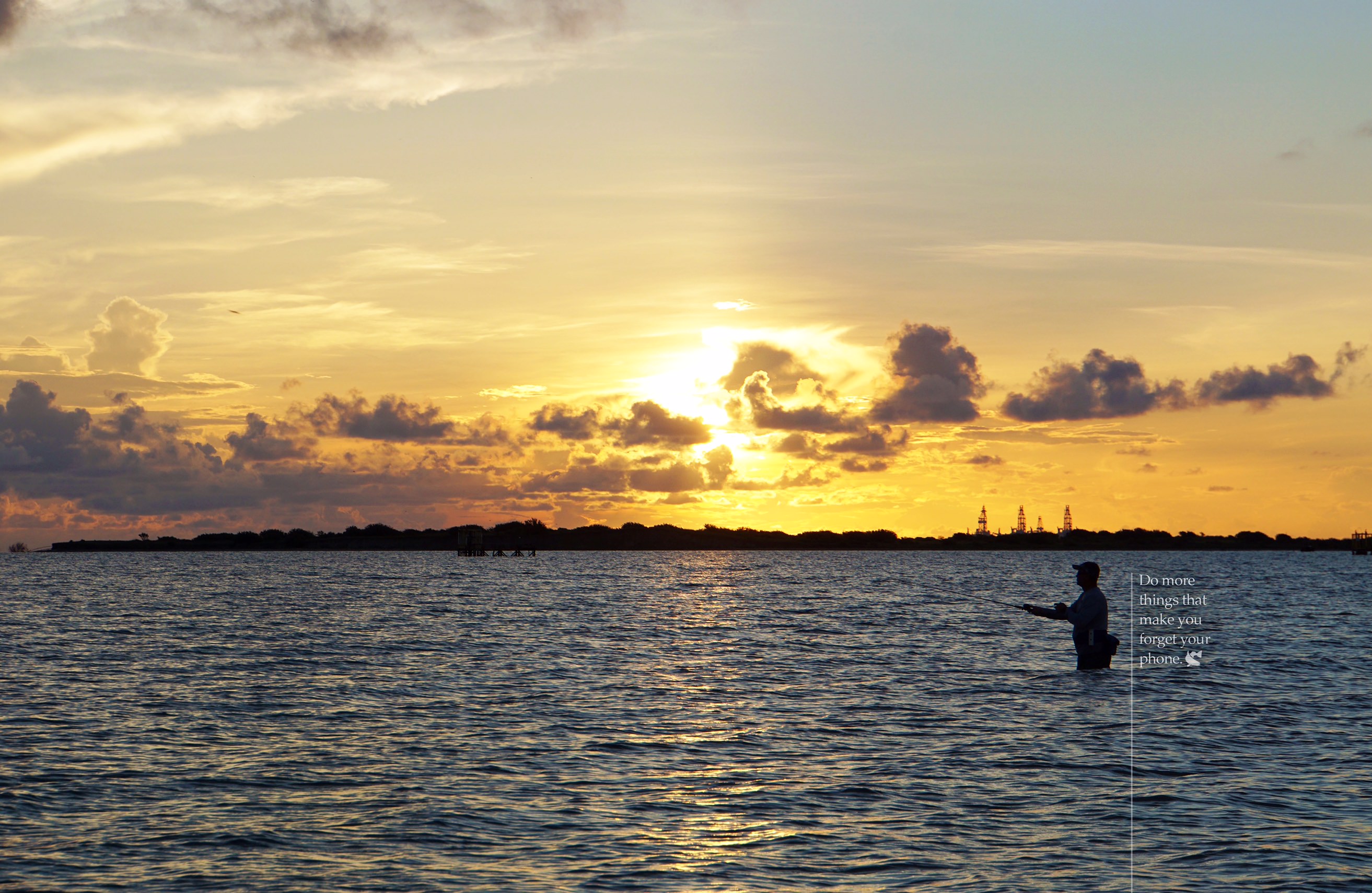
Recreational Fishing is the Solution to all of Life’s Problems.
The title of this blog might be a bit of a reach, but then again maybe not. Fishing may not be the solution to all of life’s problems, but it does help rebuild fish species, fuel the economy, save lives (I’m serious) and it’s also pretty darn fun.
One does not have to research the history of marine conservation long to quickly determine that recreational anglers are the origin and driving force of much of what has been accomplished in marine resource advocacy and conservation. From initiating efforts to ban gillnets in places as diverse as the pristine flats of the Florida Keys to the Pacific Northwest’s iconic salmon runway in the main stem of the Columbia River, recreational anglers put their time, talents and treasures to work in the management of seemingly countless fisheries. Additionally, anglers help restore marine habitat through fundraising efforts that produce millions of dollars for oyster beds, marsh restoration and offshore reefing structures. Little known to those outside the recreational fishing arena is the hundreds of millions of dollars a year that go to fish and wildlife management through fishing tackle excise taxes and the collateral federal match for those funds. Without that critical line of funding, the general public would not benefit from the robust resources that exist in many parts of the coastal communities. Recreational anglers are the original stewards of the marine resource, and their desire to make sure fishing is better tomorrow than it is today will always make them the most important species to conserve.
Beyond the funds from fishing tackle taxes, recreational angling helps drive the greater economy as well. The numbers are actually quite shocking. According to the 2011 US Fish and Wildlife Service’s National Survey of Fishing, Hunting and Associated Recreation, more than 40 million licensed fresh and saltwater anglers generate a stunning $46 billion (that’s billion) in retail sales with a $115 billion impact. Angling additionally adds tens of thousands of jobs to our workforce and aids numerous associated businesses ranging from airlines to bait stands. Do note that this incredible numbers are from a past study. If you imagine the growth that is continuing in both the greater economy and the angling world, our shared economic value is simply amazing. Interestingly, according to the analysis of the American Sportfishing Association, if sportfishing were are a corporation, it would rank just shy of a Fortune 50 company, ahead of a few little enterprises like Lockheed Martin and Kellogg’s. Pretty impressive.
Recreational fishing touches lives every day. Most who are reading this could readily recall a collection of memories of key fishing related experiences that shaped their lives to some degree. But for some, fishing has been a true salvation. In 2015, Outside magazine featured the inspiring story of Navy veteran Chad brown and how fly fishing helped him overcome a downward spiral of post-traumatic stress disorder. He reflects that fishing was his healing and helped him emerge from a deepening depression. The important role of rehabilitative fishing is becoming widely acknowledged and has spawned numerous programs for wounded warriors as well as a broader group of people with physical and mental challenges. I would imagine it would take volumes to document all of the stories of the life changing aspects of recreational fishing. This alone speaks to the timeless power and value of angling.
One does not have to look far to see the positive societal impact of recreational fishing. Even for those who have never fished, they enjoy the benefits of recreational fishing in a myriad of ways. Be it through the critical funding support we anglers provide for state fish and wildlife management agencies to the public natural resources we conserve and enhance, recreational angling makes a difference. In an era when recreational fishing is increasingly under attack, it truly is hard to imagine why. From federally based management schemes that privatize marine resources for commercial utilization to initiatives that seek to arbitrarily exclude recreational anglers from large areas of open waters, recreational angling and its profound benefits can easily be strangled. Imagine discovering an ancient art that has the Zen qualities of meditation, physical benefits of yoga, aids a better standard of living and heals people’s minds and bodies, and yet there are pronounced efforts to curtail it. In a society that is obsessed with finding the next best health practice, diet or super fruit, the answer may be at the nearest pier or boat dock. I know that recreational fishing isn’t the solution to all of life’s problems, but at least for me and a few million others, it a darn good place to start.
